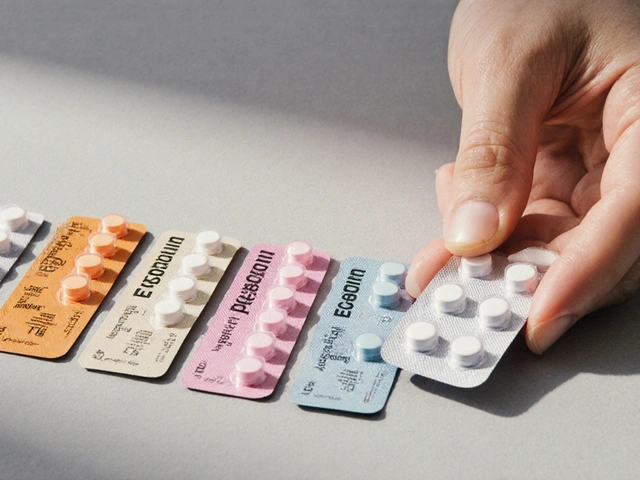Safety Tips for Medications: Simple Ways to Stay Protected
When it comes to your health, getting medications safely is non-negotiable. There’s buzz about online pharmacies and treatment shortcuts everywhere, but slip-ups are real—whether you’re buying a basic painkiller or something prescription-only. You don’t want to mess up your treatment with a counterfeit pill or a sketchy website. Here’s how you can be smart every step of the way.
First up: always check where your medicine is coming from. Real pharmacies demand a prescription for most drugs. If a site sells prescription meds without asking for anything but cash, run. You wouldn’t trust someone selling “name-brand” sneakers out of the trunk of a car—meds are no different. Stick to legit sites with a clear address, pharmacist contacts, and real customer reviews.
Watch for weird prices. If a drug deal seems too good to be true, it probably isn’t the real product. Counterfeit medications look nearly identical to the real thing. But their ingredients? Pure mystery. At best, they won’t help you. At worst, they can seriously harm you. Stick with well-reviewed reputable pharmacies (think big names or sources mentioned by major healthcare sites) and compare prices with local pharmacies to spot the outliers.
Drug interactions cause more problems than people think. Even with common meds like ibuprofen, mixing with another pill or supplement can trigger side effects. Worry that a new supplement could mess with your regular prescription? Take a few seconds to check interactions on resources like Drugs.com or ask your pharmacist directly. There’s no shame in double-checking—one simple question could spare you headaches (literally).
Don’t ignore the fine print on how to take your medicine. Taking a pill on an empty stomach when you’re supposed to eat with it, or mixing alcohol with certain meds, can change how the drug acts—or if it works at all. Check the info leaflet (yes, it’s dry, but it’s all there for a reason) or ask the pharmacy.
Don’t fall for fancy promises either. Some online stores push miracle cures, “herbal” supplements for serious illnesses, or unproven combos for weight loss. There are no magic shortcuts. Real treatments have real science and clear directions. Stick with what your doctor and pharmacist recommend.
If you’re unsure about a medication’s safety, look up recalls and reviews. Real patients share their tips and horror stories. Websites like the FDA’s safety alerts list recent recalls and known dangers—worth a quick glance before placing an order.
Your medication should do its job: keep you healthy, not put you at risk. Be picky about where you shop, watch for red flags (prices, missing contact info, too-easy access), and always check drug information and interactions. It’s your body—give it nothing but the real deal.

Loperamide and Alcohol: What You Need to Know
Combining loperamide, commonly used for treating diarrhea, with alcohol can lead to unexpected effects. The interaction between these substances can impact their effectiveness and safety. It's important to understand the risks and how to manage them if both need to be taken. This article provides insights and practical tips to help you navigate this potentially tricky combination.




